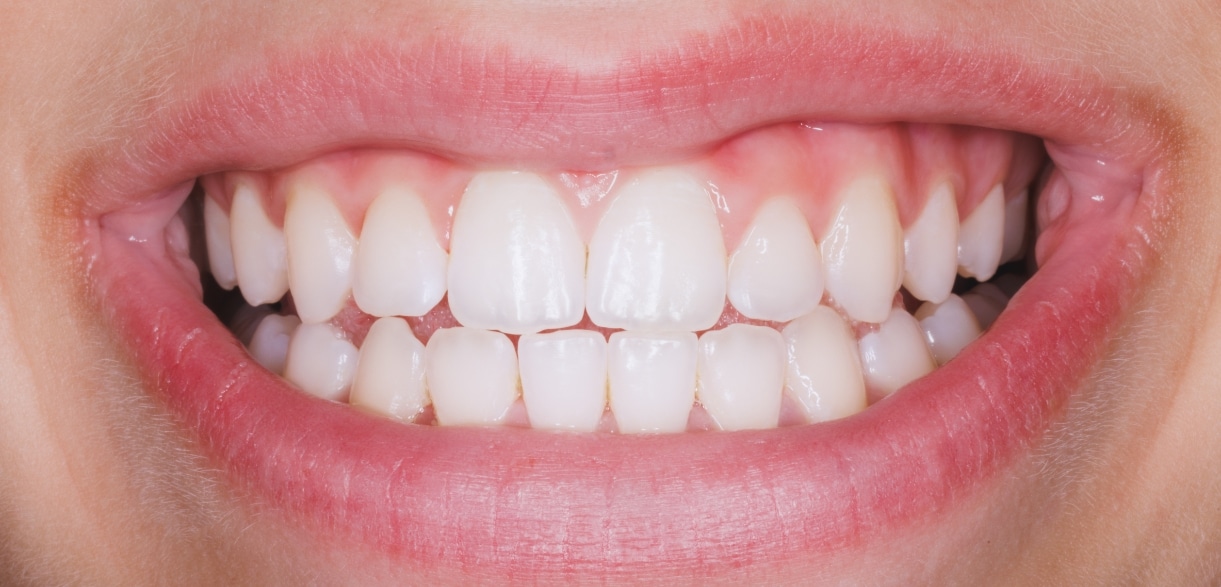
How Does Dental Anxiety Affect Oral Health?
Dental anxiety refers to the fear or stress associated with visiting the dentist or undergoing dental procedures. It is prevalent among individuals of all ages and can range from mild unease to severe phobia, affecting approximately 15% of the population. This fear often stems from past negative experiences, fear of pain, or a sense of loss of control during treatment. Dental anxiety can lead to avoidance of necessary dental care, which can directly affect our oral health resulting in outcomes such as cavities, gum disease, and even tooth loss if untreated. In this guide, we will understand how you can effectively prevent dental anxiety to help maintain good oral health.
The Psychological Impact of Dental Anxiety
Dental anxiety, influenced by past negative experiences or fear of pain, profoundly impacts mental health and overall well-being. Traumatic dental procedures, fear of needles or dental tools, and feeling powerless during treatment are some of the common psychological triggers of dental anxiety that directly affect our oral health. This anxiety often results in avoiding dental appointments, worsening oral health issues, and perpetuating a cycle of fear. It can induce stress, and panic attacks, and contribute to broader anxiety disorders, affecting sleep and quality of life.
Physical Effects on Oral Health
Dental anxiety can affect oral health by heightening the chances of oral health issues such as cavities and gum disease. When individuals avoid routine dental check-ups due to anxiety, they often neglect oral hygiene, leading to plaque accumulation and potential tooth decay. Chronic anxiety can also compromise the immune system, rendering gums more vulnerable to infections and inflammation, thereby raising the risk of developing gum diseases like gingivitis or periodontitis. Left untreated, these conditions can result in tooth loss, necessitating more invasive dental treatments. Therefore, addressing dental anxiety through compassionate dental care and patient education is crucial for averting such oral health challenges.
Complications and Long-term Consequences
Untreated dental issues worsened by dental anxiety can have serious health implications. For example, untreated cavities may progress to painful infections, abscesses, and potential tooth loss. Neglected gum disease can lead to irreversible damage to gum tissue and bone structures, ultimately resulting in tooth loss. Moreover, chronic oral infections can contribute to systemic health issues such as cardiovascular disease and diabetes complications. Financially, delaying dental care due to anxiety can significantly increase costs. What could have been managed with routine dental visits may necessitate expensive treatments like root canals, periodontal surgery, or tooth replacements later on. Early intervention not only prevents these complications but also reduces long-term dental expenses. Addressing the effect of dental anxiety on our oral health through supportive dental practices and anxiety management techniques is essential for improving oral health and overall well-being.
Strategies for Managing Dental Anxiety
Dental professionals utilize diverse strategies to mitigate the effect of dental anxiety on our oral health, prioritizing patient comfort and cooperation. Techniques such as mild oral sedatives and intravenous sedation effectively soothe nervous patients during procedures. Additionally, methods like deep breathing exercises, music or video distraction, and cultivating a trusting patient-dentist relationship are instrumental in alleviating anxiety. Self-help approaches involve practicing relaxation techniques before appointments and engaging in open discussions with the dentist for personalized care. Incremental exposure to dental environments through brief, positive visits can progressively diminish anxiety levels. Highlighting the benefits of maintaining oral health and rewarding oneself afterward fosters positive associations, easing future anxieties.
Wrap Up!
Dental anxiety, a significant barrier to oral health, can lead to untreated conditions like cavities and gum disease, ultimately risking tooth loss and systemic health issues. Overcoming this anxiety is crucial; techniques like sedation and calming strategies from Dentist Butler can greatly alleviate fears. Seeking professional help not only improves oral health outcomes but also enhances overall well-being. Regular dental visits are essential preventive measures, allowing early detection and intervention. Remember, proactive dental care promotes a healthier smile and reduces long-term treatment costs. Take the first step towards conquering dental anxiety today with Dentist Butler—your partner in oral health excellence!





